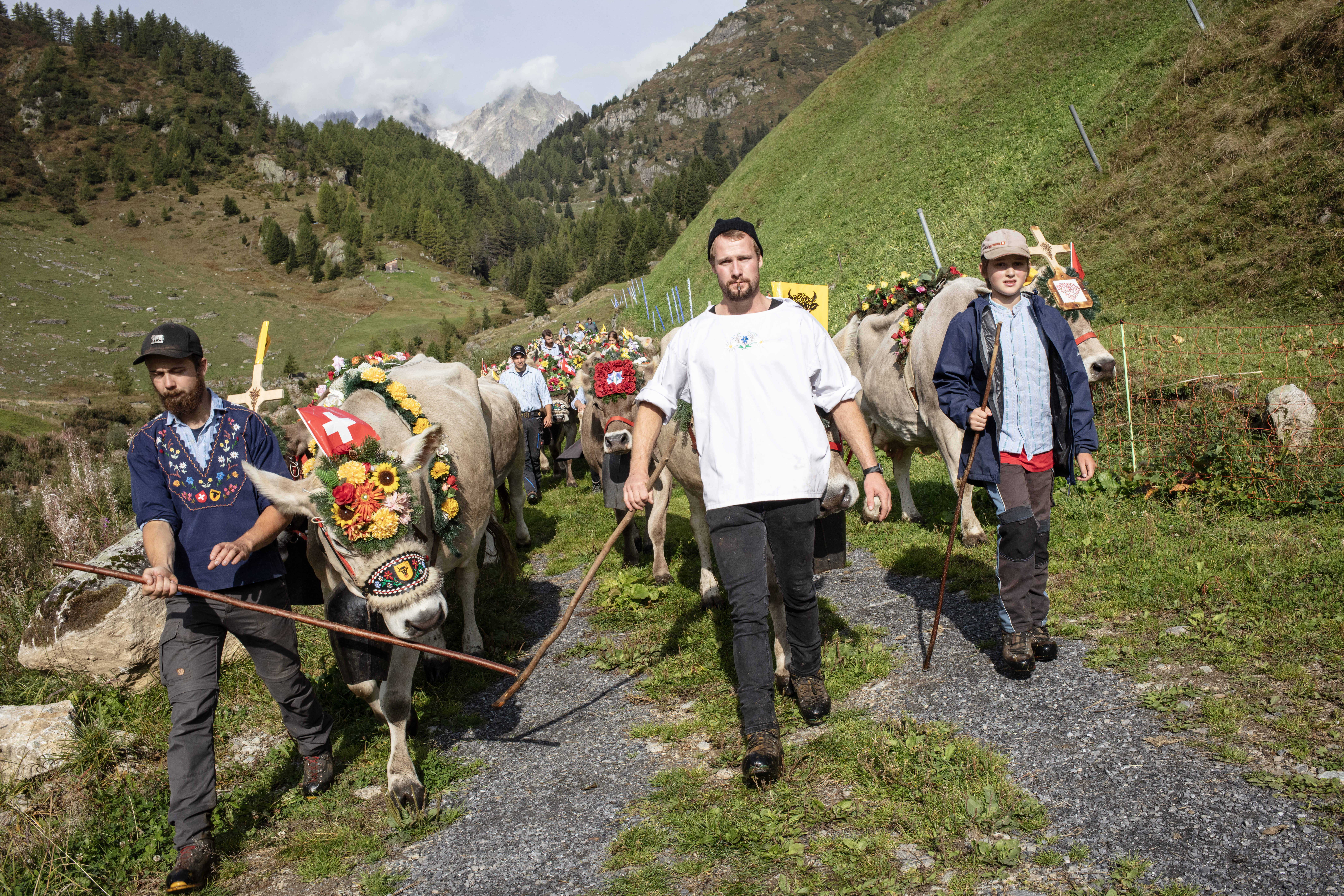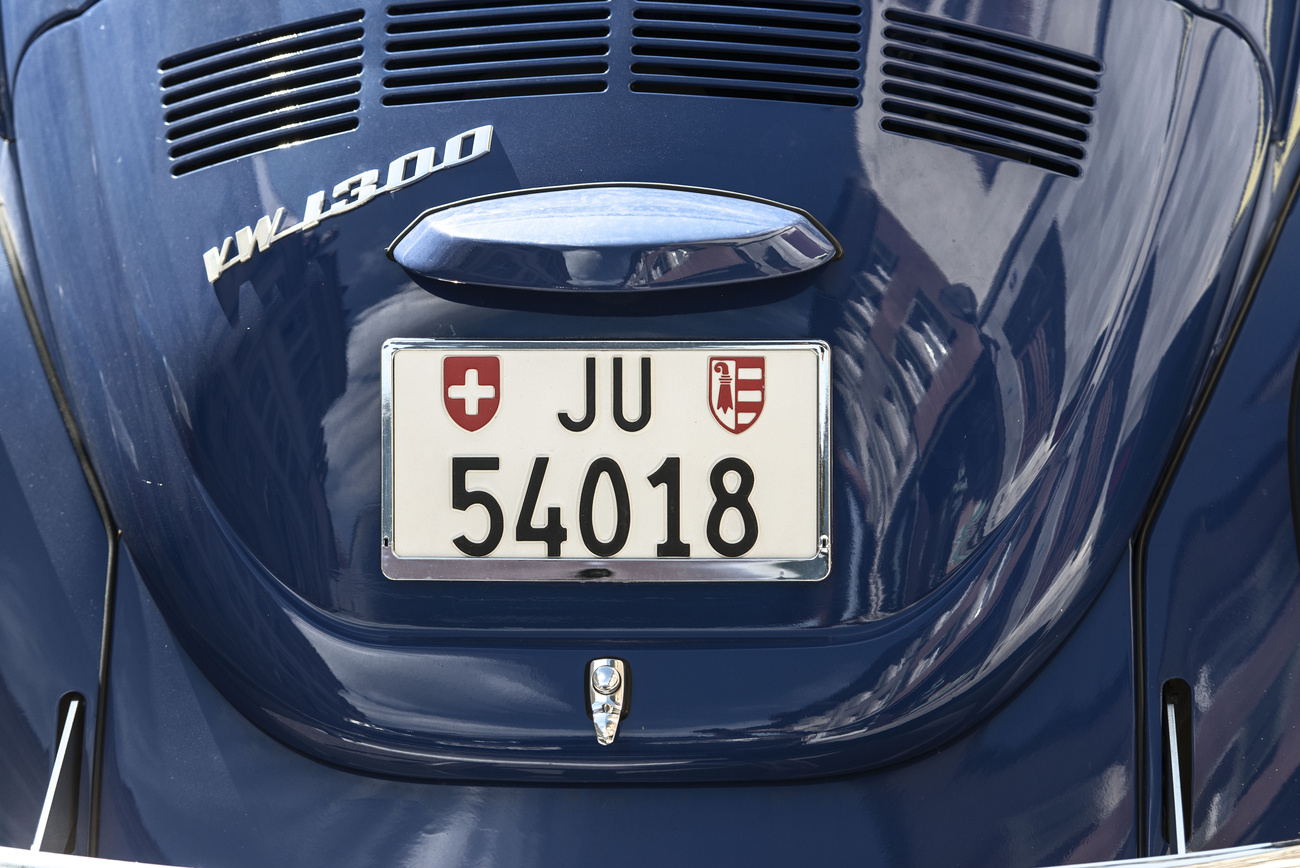
Munching maggots solve waste problems

Swiss researchers are finding innovative uses for fly larvae in developing countries to speed up the transformation of organic waste into compost and providing valuable fish feed.
Scientists from the Research Institute of Organic Agriculture (FiBL) in Frick, canton Aargau, are working with colleagues in the Ghanaian capital Accra to develop innovative compost techniques using black soldier fly larvae, which feed on rotting organic material.
“They can reduce most of just about any type of organic waste in a short space of time,” says Noah Adamtey from FiBL, according to a statement published on the Swiss National Science Foundation website on Friday.
In some countries, organic waste can make up over half of all trash causing huge hygiene problems. Composting techniques are also underutilised.
To reduce the problem, the scientists fed organic waste to the tiny soldier fly maggots which chew it up in record time, reducing composting time by a third to less than 80 days. Farmers can then spread the valuable compost on their fields. The maggots are also used by fish farmers as animal feed.
“The larvae are an extremely interesting source of animal feed when you consider their protein and fat content, plus their amino acid profile,” says Adamtey.
Researchers from the Swiss Federal Institute of Aquatic Science and Technology (Eawag) in Dübendorf are also exploring the potential of selling dried larvae to chicken breeders in Uganda, who traditionally mix their feed themselves. An Eawag project in Indonesia is also planned that will sell the living larvae to local songbird owners.

In compliance with the JTI standards
More: SWI swissinfo.ch certified by the Journalism Trust Initiative






























You can find an overview of ongoing debates with our journalists here . Please join us!
If you want to start a conversation about a topic raised in this article or want to report factual errors, email us at english@swissinfo.ch.